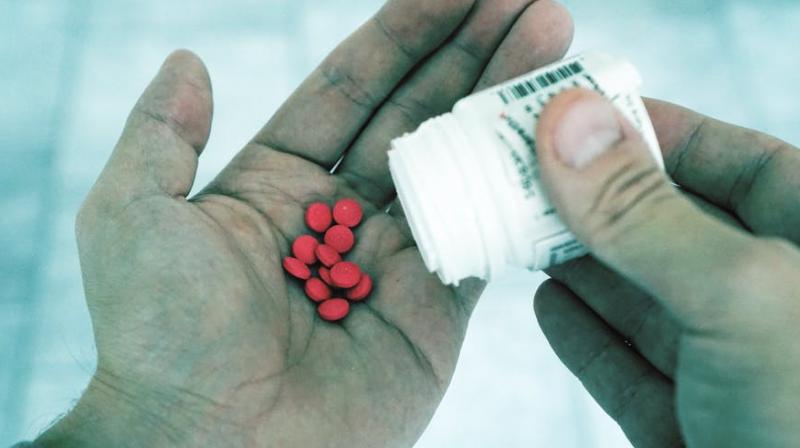Doing meth increases stroke risk in young people

Young adults who use the stimulant methamphetamine, sometimes called 'speed,' 'ice,' or 'meth,' may have an increased risk of strokes, a recent study suggests.
Previous research in animals and humans has tied meth abuse to a variety of potentially fatal cardiovascular problems including heart failure, as well as damage to blood vessels in the brain, stroke, high blood pressure and irregular heartbeat. “Methamphetamine users and their communities should be aware that stroke can occur in young people within hours or days of use, and also as a long-term consequence,” said lead study author Dr. Julia Lappin of the University of New South Wales in Australia.
“A key feature to look out for is the sudden development of a headache, which is often extreme,” Lappin said by email. “Other signs include confusion, numbness or loss of function down one side of the body, and problems with speech and vision.”
For the current study, researchers reviewed results from 77 previously published reports of strokes associated with meth and found that most are what’s known as hemorrhagic strokes, a less common type that is caused by a ruptured blood vessel in the brain. More often, strokes are caused by clots in the arteries that carry blood to the brain. So-called ischemic strokes can strike at any age but are far more common in the elderly.
Lappin’s team focused on strokes in people under age 45. Altogether, the studies in the current analysis included 81 hemorrhagic strokes and 17 ischemic strokes, the researchers report in the Journal of Neurology, Neurosurgery and Psychiatry. Both types of stroke were roughly twice as common in men as in women.
Eighty percent of strokes associated with the use of methamphetamine were hemorrhagic strokes. Hemorrhagic strokes typically account for only 40 percent to 50 percent of strokes in people under the age of 45 and just 15 percent to 20 percent of strokes in older people, researchers note.
In one third of the cases, hemorrhagic stroke was associated with vascular abnormalities, such as high blood pressure and inflamed blood vessels, the study found. Repeated use of methamphetamine can drive up blood pressure even in those whose blood pressure is normal to start with, the study authors point out.
The risk of death was higher after a hemorrhagic stroke: one in four people recovered completely, but one in three died. This compares with complete recovery for one in five meth users and death in one in five after an ischemic stroke. The study looked largely at individual cases of strokes, so it didn’t offer fresh evidence on rates of stroke among methamphetamine users.
While the study wasn’t a controlled experiment designed to prove whether or how methamphetamine causes strokes, it’s possible that spikes in blood pressure associated with the drug may make users more susceptible to stroke, Lappin said. Methamphetamine use can also make blood vessel walls weak and more prone to rupture.
The results suggest that as methamphetamine use becomes more common worldwide, it will also become a growing cause of stroke in young adults, said Dr. Stephan Schurer of the University of Leipzig in Germany. “Stopping the abuse and more efforts in the prevention of abuse could prevent fatal consequences,” Schurer, who wasn’t involved in the study, said by email.
Quitting may help lower the stroke risk, but the long-term impact of methamphetamine abuse still isn’t clear, doctors say.
“The risk for stroke will almost certainly go down with abstinence,” said Dr. James Januzzi of Massachusetts General Hospital and Harvard Medical School in Boston. “While it is hard to predict a longer term risk, given short term benefits from a heart and brain perspective, the faster a person can avoid use of methamphetamine, the better,” Januzzi, who wasn’t involved in the study, said by email.

